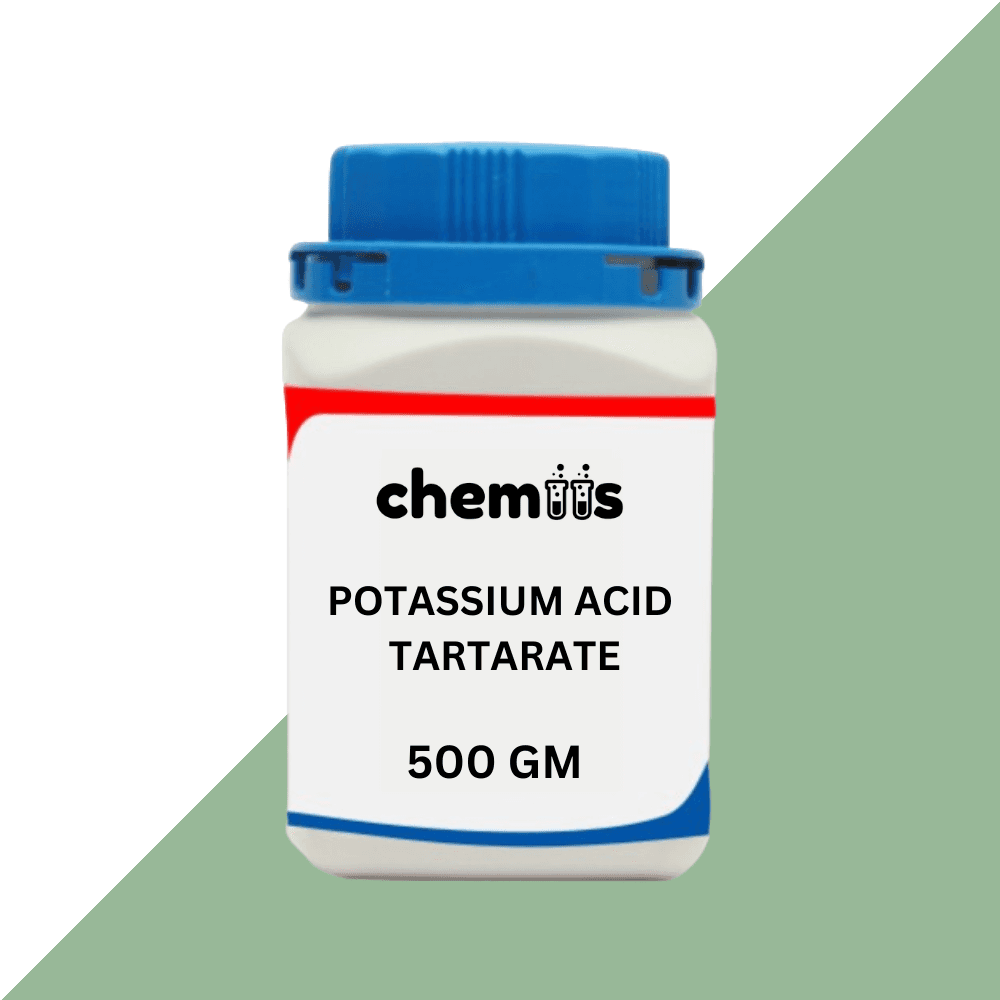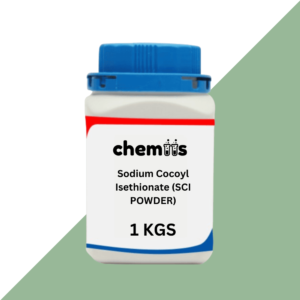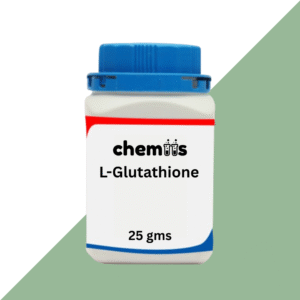Potassium Acid Tartrate (KHC4H4O6), commonly known as cream of tartar, is a by-product of wine fermentation. It is a naturally occurring potassium salt of tartaric acid and is primarily used in the food and beverage industry. Potassium Acid Tartrate is recognized for its role as a stabilizing agent, particularly in baking, where it helps maintain the stability of egg whites and other ingredients. It also has applications in the pharmaceutical and industrial sectors for its properties as an acidulant, stabilizer, and buffering agent.
Applications
1. Food and Beverage Industry
In food production, Potassium Acid Tartrate is primarily used as a stabilizer and acidulant. It is most commonly found in baking powder and is used to stabilize whipped cream and egg whites, preventing them from collapsing. Additionally, it can be used in winemaking to help control the crystallization of tartaric acid in wine.
Uses:
- Baking powder component to regulate acidity
- Stabilizes egg whites and meringue
- Prevents crystallization in wine production
- Used in candy making to improve texture
Benefits:
- Maintains the quality and texture of baked goods
- Enhances stability and volume of whipped egg whites
- Improves the clarity and quality of wines
- Contributes to the proper acid balance in food products
2. Pharmaceutical Applications
Potassium Acid Tartrate has uses in pharmaceuticals, where it acts as a mild acidulant and stabilizing agent. It is sometimes used in medications to control the pH of formulations or as a buffer in effervescent tablets. It is also included in certain oral care products due to its mild acidic properties.
Uses:
- Buffering agent in pharmaceutical formulations
- Used in effervescent tablets to control pH
- Stabilizer in some oral care products
Benefits:
- Enhances the stability and efficacy of pharmaceutical products
- Helps maintain the pH balance in effervescent formulations
- Aids in the proper dissolution of tablets
3. Industrial and Chemical Uses
In industrial settings, Potassium Acid Tartrate is used as a reagent in the manufacture of potassium salts and in the textile and dyeing industries. It can also be applied as a stabilizing agent in some chemical reactions and processes, as well as in the production of potassium-based compounds.
Uses:
- Reagent in the production of potassium salts
- Stabilizing agent in chemical reactions
- Used in the textile and dyeing industries
Benefits:
- Provides stability in various chemical processes
- Contributes to the production of high-quality potassium salts
- Helps improve the quality of textiles and dyes
4. Personal Care and Cosmetics
In cosmetics, Potassium Acid Tartrate is sometimes used in formulations as a stabilizer or pH regulator. It is used in hair care products, skin creams, and lotions to maintain the correct acidity and extend shelf life.
Uses:
- Stabilizer and pH regulator in cosmetic formulations
- Used in hair care products to adjust pH
- Included in skin creams and lotions for texture and stability
Benefits:
- Maintains optimal pH levels in cosmetic products
- Extends the shelf life of formulations
- Helps ensure the stability and effectiveness of personal care products
Safety and Handling
Safety Precautions
Although Potassium Acid Tartrate is generally considered safe for use in food and industrial products, it is important to follow safety guidelines to prevent potential exposure hazards.
- Personal Protective Equipment (PPE): Wear gloves, goggles, and protective clothing to avoid skin and eye contact.
- Ventilation: Use in a well-ventilated area to avoid inhalation of dust.
- Storage: Store in a cool, dry place away from moisture and incompatible substances. Ensure that the container is tightly closed to prevent contamination.
- Handling: When handling in large quantities, take care to avoid generating dust. Always handle with caution to avoid spills and exposure.
First Aid Measures
- Skin Contact: If contact occurs, wash the affected area with soap and water. If irritation persists, seek medical advice.
- Eye Contact: Rinse eyes with water for at least 15 minutes. If irritation continues, seek immediate medical attention.
- Inhalation: Move to fresh air if inhaled. If symptoms such as coughing or dizziness occur, seek medical attention.
- Ingestion: Rinse mouth with water and seek medical advice immediately if large quantities are ingested.
Environmental Considerations
Potassium Acid Tartrate is considered to have low environmental impact, especially when used in regulated amounts. However, as with any chemical, it should be disposed of responsibly. Dispose of any waste or residues according to local regulations to minimize environmental impact.








Reviews
There are no reviews yet.